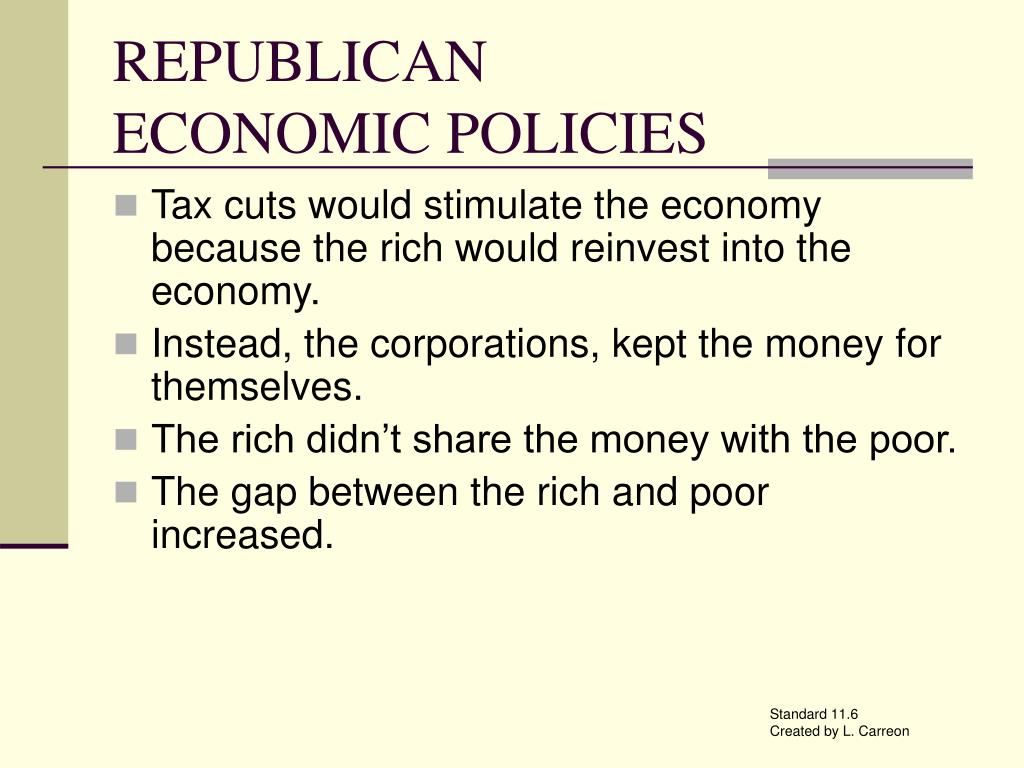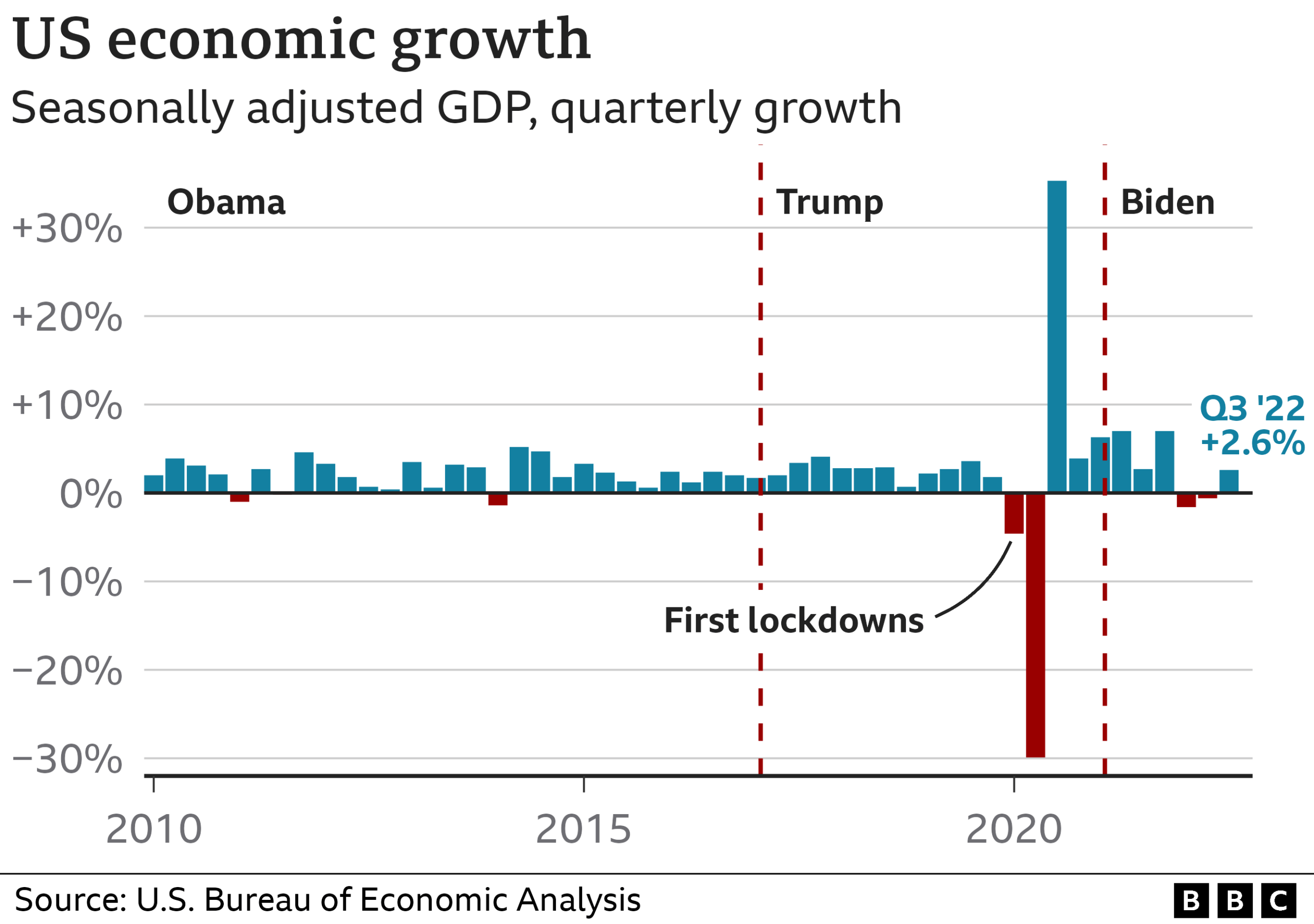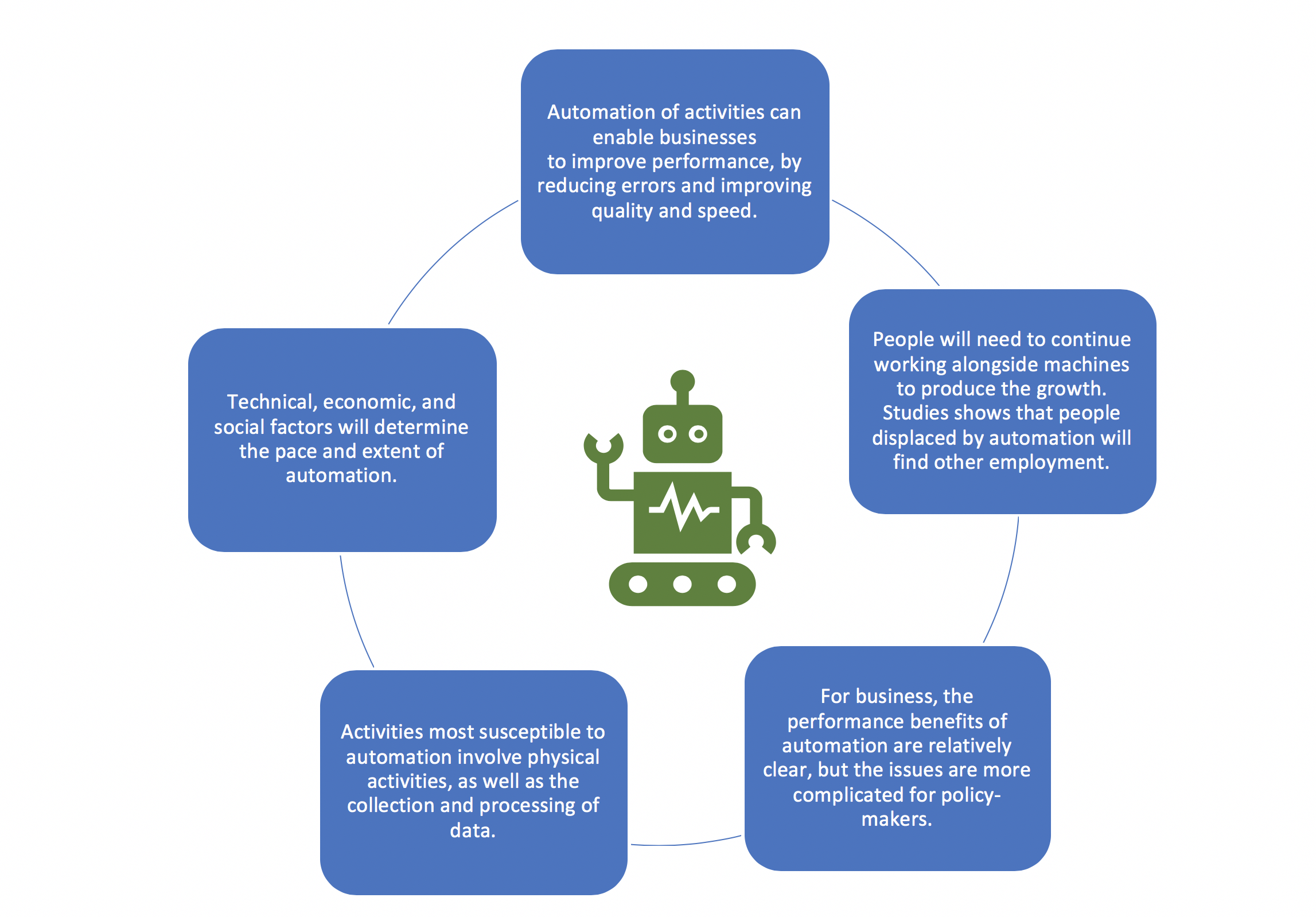
Republican economic policy has long been a topic of fierce debate, especially as it relates to the evolving principles and strategies of the GOP. Renowned economist Oren Cass recently emphasized that contemporary Republican policies often stray from historic GOP economic orthodoxy, which traditionally aimed to empower the labor force and spur domestic growth. By advocating for conservative economic theory, including a focus on market fundamentalism, Cass challenges the notion that past deregulations and trade liberalizations have benefited American families. He asserts that these strategies frequently neglect the broader impact on wage earners and domestic industries. As the GOP grapples with its identity, understanding these economic views is crucial to framing future policies that align with the ideals of historical Republican policies.
The economic strategies associated with the Republican Party, often referred to as right-wing fiscal policies, have garnered significant attention in recent years. Analysts like Oren Cass contend that the party has drifted from its foundational goals of promoting robust labor markets and safeguarding domestic job growth. As the conversation unfolds, many are calling for a return to conservative economic theories that prioritize the welfare of working families over unrestrained market practices. This shift brings into question the efficacy of market fundamentalism and its impact on American society. Consequently, the examination of GOP economic strategies becomes increasingly vital to understanding the current political landscape and the needs of the electorate.
Historical Context of Republican Economic Policy
Historically, the economic policies advocated by Republican presidents have diverged significantly from what is now recognized as traditional GOP economic doctrine. Economist Oren Cass, a prominent figure in this discourse, notes that even iconic Republican leaders such as Abraham Lincoln and Ronald Reagan did not strictly adhere to the principles that are often touted today by the party. They adopted various strategies, such as protective tariffs and regulatory measures, which are typically seen as antithetical to modern Republican free-market advocacy.
These historical examples demonstrate that the Republican economic mindset has often been shaped by pragmatic responses to pressing challenges rather than rigid adherence to theoretical constructs. Cass emphasizes that these leaders understood the importance of fostering a robust labor force, suggesting a more nuanced and balanced approach to economic growth that contrasts sharply with the market fundamentalism that has come to dominate discussions about Republican strategies in recent decades.
Oren Cass and the Shift in Conservative Economic Thought
Oren Cass, the founder and chief economist of the conservative think tank American Compass, has emerged as a critical voice in re-evaluating Republican economic policy. He advocates for a shift away from strict economic libertarianism towards a more holistic approach that considers the health of the labor market as integral to national prosperity. In his book, ‘The Once and Future Worker,’ Cass argues that conservatives should reject the notion that low consumer prices are the apex of a successful economy. Instead, he posits that the vitality of the workforce and their ability to thrive should be paramount.
Cass’s views reflect a growing disillusionment among conservatives regarding the outcomes produced by market fundamentalism—a theory that has driven many GOP economic strategies in recent years. He laments the lack of economic growth resulting from policies championed by libertarians, pointing to stagnant wages and rising dependence on governmental assistance as signs of failure. For Cass, the future of Republican economic policy lies in redefining success to encompass not just fiscal metrics but also the broader implications for family stability and community welfare.
Conservative Economic Theory and Its Evolution
The evolution of conservative economic theory has been marked by significant shifts in ideology and strategy, especially over the last few decades. Cass identifies that the confluence of social conservatism, economic libertarianism, and national security interests once created a potent political coalition but ultimately led to divergent goals over time. Following the end of the Cold War, economic libertarians emerged with more influence, pushing policies that focused heavily on deregulation and tax cuts without ensuring that these strategies favored the broader population.
Simultaneously, traditional conservative priorities, such as support for working-class families and promoting domestic industries, began to wane. This disconnect became more pronounced under George W. Bush, whose policies, according to Cass, strayed from fiscal responsibility and undermined core conservative values. As conservative thinkers like Cass argue for a return to policies that favor a robust middle class, the call for a reevaluation of economic definitions and frameworks becomes increasingly urgent.
The Consequential Outcomes of Market Fundamentalism
One major critique raised by Oren Cass against market fundamentalism is its focus on consumer behavior at the expense of fostering strong families and communities. Cass argues that this approach has led to policies which prioritize low prices above all else, neglecting the underlying conditions necessary for a healthy labor market. He points to data showing the stagnation of wages coupled with increasing income inequality, indicating that while the economy may appear prosperous on the surface, many American families are struggling to keep up.
Moreover, Cass highlights the troubling trend of increasing reliance on government assistance as a result of these economic theories. Programs like Social Security and veterans’ benefits, while essential, suggest that the economic landscape is failing to provide adequate opportunities for self-sufficiency. The crux of his argument is that a successful economy should enable individuals to thrive independently, rather than becoming excessively dependent on governmental support—a view that many conservatives are beginning to echo amid changing economic realities.
The Role of Policymakers in Economic Growth
Cass posits that the role of policymakers in shaping Republican economic policy must be more robust than the traditional notion of minimal intervention suggests. He argues that effective governance should not shy away from establishing rules and regulations that support productive results within the market. The misconception that markets can function independently of regulation overlooks the necessary frameworks required to allocate resources effectively and sustain an economy that benefits all citizens, rather than just a few.
This perspective necessitates a fundamental reevaluation of what constitutes a ‘free market.’ Rather than merely a space for unrestricted exchange, Cass envisions a market that actively supports domestic investment, encourages labor participation, and strengthens community ties. As conservatives like Cass advocate for this paradigm shift, they emphasize an inclusive economic strategy that aligns with traditional Republican values of fostering individual achievement while supporting the greater good.
Emerging Consensus Among Conservative Leaders
Interestingly, Cass notes a growing consensus among conservative leaders and even some liberal figures regarding shared economic issues. The recognition that individuals like Marco Rubio and J.D. Vance share common ground with leftist politicians like Bernie Sanders and Elizabeth Warren is a striking indication of shifting narratives. This emerging bipartisan acknowledgment of the underlying economic problems facing Americans might offer a path forward for crafting innovative policies that transcend traditional ideological boundaries.
The realization that both sides are addressing similar challenges—such as wage stagnation and economic inequality—could catalyze a new discourse around conservative economic policy. For Cass, the hope lies in this dialogue leading to comprehensive reforms that not only address conservative economic priorities but also respond effectively to the needs of working Americans. By bridging ideological divides, there is potential to build a more resilient economy that prioritizes the well-being of its workforce.
Challenges Faced by the Republican Economic Agenda
Despite the historical successes of Republican economic figures, the current economic agenda faces substantial challenges. As Cass illustrates, the prevalent economic libertarian approach has led to discord within the party, casting doubt on the effectiveness of traditional GOP strategies. The disarray is evident as factions within the party grapple with the implications of past policies that favored deregulation and globalization over the rights and well-being of American workers.
Additionally, the fallout from erroneous economic decision-making, such as the tax cuts implemented under George W. Bush, serves to highlight the urgent need for a coherent Republican economic agenda focused on real people and communities. Without addressing these critical challenges, the party risks alienating its base and losing credibility in proposing solutions that align with the realities faced by American families today.
The Future of Conservative Economics and Labor Forces
As the Republican Party grapples with the past and seeks to redefine its economic future, the emphasis on strengthening the labor force will be pivotal. Cass’s work suggests that reorienting economic policy towards empowering workers not only benefits families but also reinforces the societal fabric essential for a thriving nation. The potential for new economic strategies that include strong support for domestic labor could rekindle the long-standing Republican commitment to promoting individual opportunity.
This perspective champions investments in education, training, and community initiatives aimed at enhancing workforce capability. By prioritizing these areas, Republican leaders can demonstrate a practical approach to economic policy that resonates with voters. Cass’s insights highlight the importance of a labor-centric model that acknowledges the vital role employees play in cultivating a successful economy, thus reshaping conservative economic philosophy to better meet the demands of a modern America.
Integrating Family Welfare with Economic Policy
An intriguing aspect of Cass’s critique is the intertwining of family welfare with economic policy—a relationship historically undervalued in GOP discussions. He argues that economic strategies should not solely focus on market efficiencies or consumerism. Instead, the broader implications on families and community stability should be central to policy-making. This holistic approach recognizes that economic vitality cannot be divorced from the health of family structures, which form the backbone of society.
Furthermore, as many conservatives begin to acknowledge the need for families to thrive economically and socially, policies must reflect this understanding. Initiatives aimed at improving labor market conditions, providing adequate support for child-rearing, and ensuring full employment could redefine how the Republican Party perceives its economic agenda. By advocating for policies that fortify family units, the GOP can align itself with personal responsibility and social conservatism while also addressing market shortcomings that have historically left many behind.
Frequently Asked Questions
What is the underlying principle of GOP economic strategies according to recent analyses?
GOP economic strategies historically emphasized deregulation and unrestricted trade; however, recent analyses by economists like Oren Cass suggest a shift towards focusing on strengthening the labor force and supporting domestic industries to foster sustainable economic growth.
How did Oren Cass describe the economic views of past Republican presidents?
Oren Cass noted that many Republican presidents, such as Abraham Lincoln and Ronald Reagan, diverged from modern GOP economic policy by employing tariffs and protectionist measures to support domestic industries, rather than strictly adhering to a market fundamentalism approach.
What is market fundamentalism and how does it relate to conservative economic theory?
Market fundamentalism refers to the belief that free markets operate best with minimal government intervention. This concept has gained traction in conservative economic theory, despite critiques that it undervalues the importance of creating a thriving labor force and supporting families as central to economic prosperity.
How have historical Republican policies influenced contemporary economic debates?
Historical Republican policies, such as those enacted by Teddy Roosevelt and Richard Nixon, have influenced contemporary debates by highlighting the need for a balance between free market practices and institutional support for workers, a perspective promoted by economists like Oren Cass.
What critique does Oren Cass offer about current Republican economic policies?
Oren Cass critiques current Republican economic policies for prioritizing low consumer prices often at the expense of family stability and domestic investment, emphasizing that a more holistic approach is needed for sustainable economic growth.
Why does Oren Cass believe there is a growing consensus between some conservative and progressive economic views?
Oren Cass observes that both conservative figures like Marco Rubio and progressive politicians like Bernie Sanders and Elizabeth Warren address similar economic challenges, indicating a growing consensus on the need for policies that support the labor force and tackle income inequality.
What role do government policies play in the economic theories advocated by Republicans today?
According to Oren Cass, the role of government in contemporary Republican economic theories should not be minimal; instead, policymakers must establish rules and support the institutions that foster productive economic outcomes, empowering workers and promoting family stability.
| Key Point | Explanation |
|---|---|
| Republican Economic Orthodoxy | Historically, Republican presidents have often deviated from what is considered GOP economic orthodoxy. |
| Effective Strategies | Economist Oren Cass argues that the strategies employed by historical Republican leaders were ineffective for fostering economic growth. |
| Reagan’s Economic Policies | Reagan’s presidency is viewed as one of free-market ideals, yet he increased taxes multiple times and supported protectionist policies. |
| Coalition of Interests | The coalition of social conservatives, economic libertarians, and national security advocates in the GOP had a common enemy in communism but has struggled since the Cold War ended. |
| Economic Libertarianism | Cass critiques the economic libertarian focus on low consumer prices, arguing it neglects the need to cultivate a strong labor force. |
| Reliance on Government Transfers | There is growing concern about the American public’s increasing dependence on government assistance programs, suggesting an unsustainable economic model. |
| Market Definition | Cass emphasizes that markets should not just optimize consumption but empower workers and strengthen the socio-economic fabric. |
| Role of Policymakers | Policymakers should actively create rules and support institutions that foster economic productivity. |
Summary
Republican economic policy has historically showcased a complex relationship with traditional GOP principles, often diverging from the notion of strict market fundamentalism. The insights of Oren Cass highlight how prior administrations have prioritized ineffective strategies and how a renewed focus on empowering the workforce and aligning economic policies with family well-being could redefine Republican economic approaches. Understanding these nuances could lead to more sustainable and inclusive economic growth.





